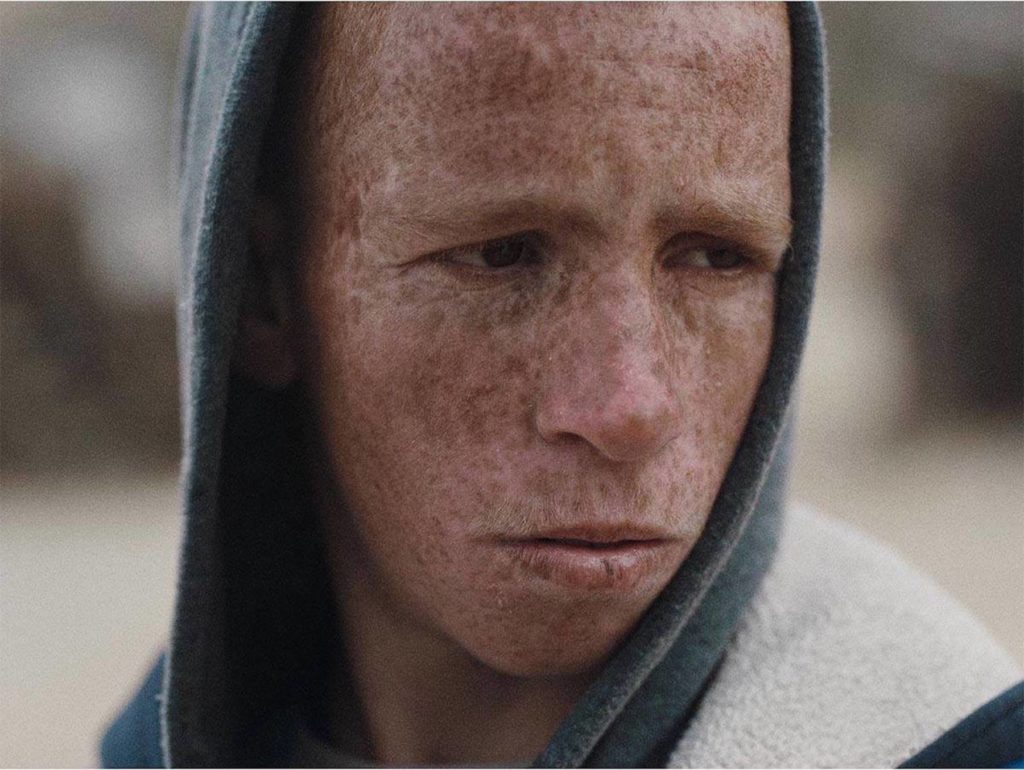09 August, 2019
Brotherhood (Meryam Joobeur, 2018)
The crux of effective documentary cinema is revealing a reality that isn’t easily seen. While the DokuFest International Shorts program is predominantly fiction films, they are collectively grounded in social realities. Meryam Joobeur’s Brotherhood documents the most delicate issue since the fall of the ISIS caliphate, what to do with former combatants returning to their homelands? It’s a sensitive issue for Tunisians, as the nation had the highest per capita rate of people leaving to fight for the Islamic State. Joobeur opens a tragic, intimate window into one of these homecomings. Composition is the filmmakers’ strong suit, beyond being aesthetically pleasing, her images tell a story in a film about pride and failed communication.
On the rural rolling hills of northern Tunisia, Mohamed (Mohamed Graïaa) is a hardened shepherd with three sons. He’s resentful, shaken and suspicious when his eldest son Malek (Malek Mechergui) returns from Syria with a pregnant wife. The opening scene, wherein Mohamed insists his younger son Chaker (Chaker Mechergui) do a mercy killing of a sheep mauled by wolves, recalls Abraham and Isaac and foreshadows the recurring themes of faith and sacrifice we see throughout the film. It’s a clever use of religious iconography, as it divorces it from fundamentalism and re-orientates it towards questions of humanity. Is Mohamed right to lose faith in his eldest son?
The films 4:3 ratio hones in on the freckled faces of the brothers, whose subtle gestures silently push the narrative forward. Their red hair, a relatively rare shade in the region, stands in stark contrast to the lush green hillsides. While stormy weather complicated the shooting schedule, the constant tempest reflects tension in the family household. After engaging in a dialogue with audiences at the Torronto Film Festival, where Joobeur took home the prize for Best Short Film, the young director noted that “Brotherhood has the potential to change peoples’ minds on the realities in the Muslim world.”

